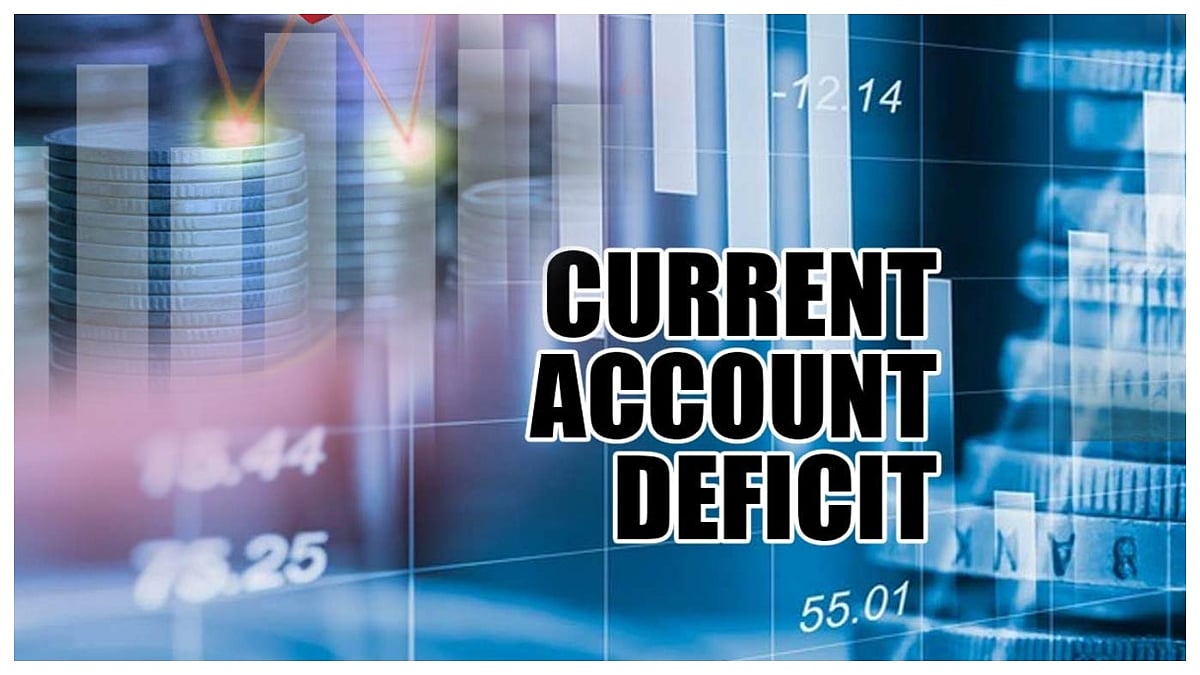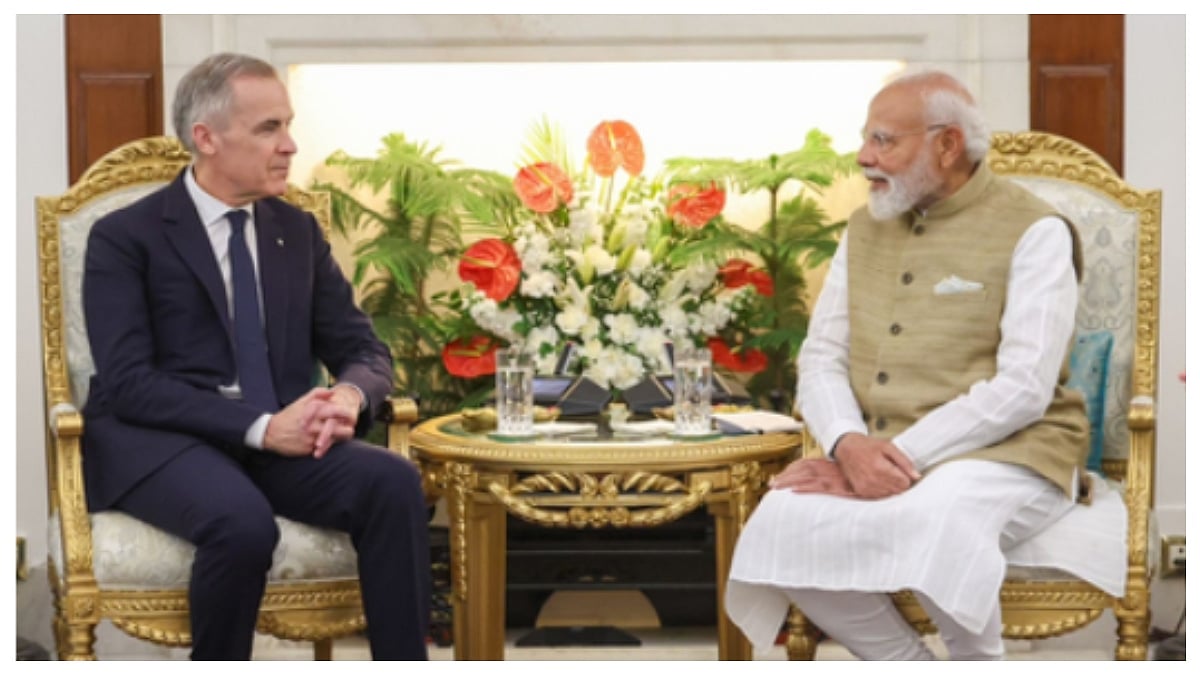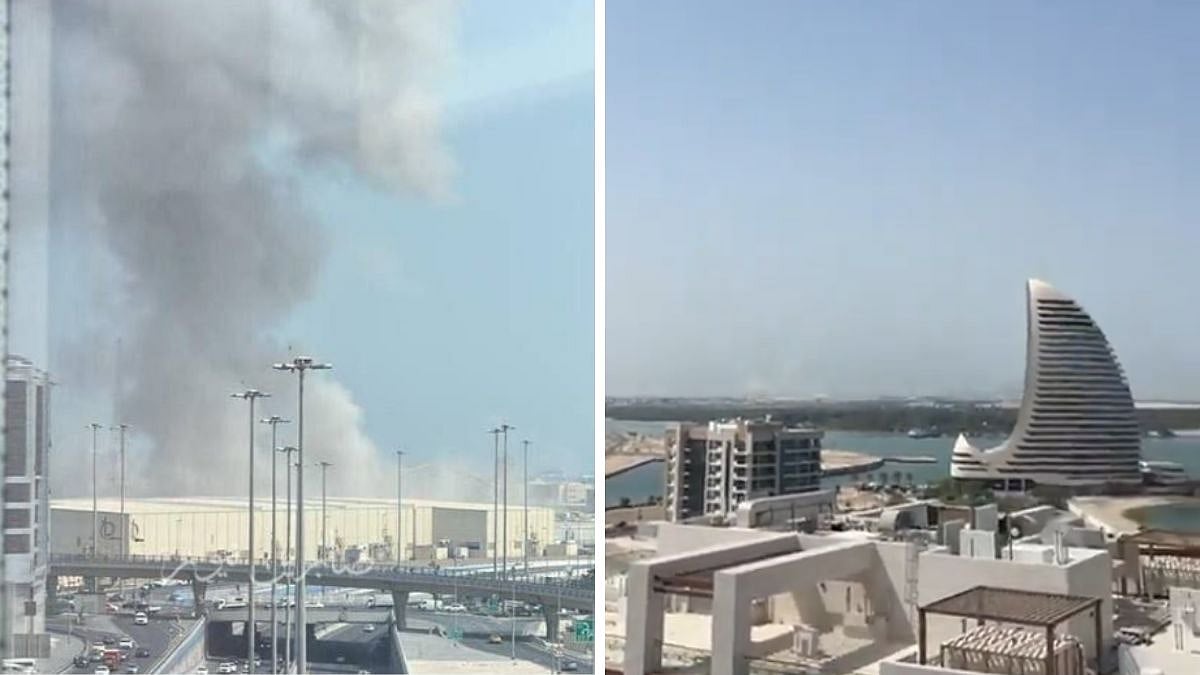The aviation industry has been held responsible for 2.5 percent of the global carbon emissions, per the International Energy Agency. While the agency predicts that with a rise in traffic, by 2030, the industry’s share in emissions could be more like 3.5 percent, various efforts in the industry have started taking shape to target a downward trend in emissions in the coming decade.
There are some easy wins for sustainability. The aviation ecosystem is not just about the aircraft that fly and take us from point A to point B. It is also about every car that drives us to the airport, and every blanket that gets used on a long-haul flight. For instance, airlines such as Emirates have started using blankets which are made with recycled plastic bottles.
Another easy move, however, not practiced in much of the world, is untangling the airspace. When a plane can fly the most direct route, it burns less fuel, hence less emissions. However, in the current geopolitical context, that does not remain easy as well, with airlines having to trade direct for safety in some cases, such as Afghanistan. In other cases, such as in Europe, they have still not been able to unify airspace, although the SESAR JU project intends to do exactly that.
Sustainable Aviation Fuel was supposed to lead us into the next world era. SAF, as it is known in industry circles, could be made out of municipal waste, agricultural residue and so on, and could cut emissions by up to 80 percent. However, SAF has not caught the fancy of the aviation world yet, given it costs much more than conventional jet fuel, and is hardly available.
As per a November 2020 report from the World Economic Forum, in 2019, fewer than 200,000 metric tonnes of SAF was produced globally, which is a mere 0.1 percent of the fuel used by airlines annually. Last month, more than 50 airlines and associated aviation companies, signed on a pact to replace 10 percent of global jet fuel supply with Sustainable Aviation Fuel by 2030.
Only about 250,000 commercial flights have been powered by SAF so far, with most of these happening in the past 5 years. Aviation major Airbus, however, is not waiting for SAF to be a hit, even though its planes are certified to fly with 50 percent SAF supply at the moment.
At the Airbus Summit held in Toulouse in September 2021, which was oriented towards discussing Sustainable Aerospace, Airbus reiterated its plans to offer its ZeroE jet by 2035. The ZeroE (short for Zero Emission), is a family of three plane concepts originally announced by Airbus in 2020, including a turboprop, a turbofan engine and a blended wing design. These aircraft are expected to fly with Hydrogen as their power source, rather than Jet Fuel.
Ask Airbus CEO Guillaume Faury on why the new approach, and he reminds us it is just one of the challenges to make aviation net carbon neutral in the next thirty years or so . ”It is a collective challenge. But 2035, at the scale of aviation, is tomorrow.”
But that is not the only approach that is in the works. Many players have come to the market with a promise of small electric jets as well, which could fly up to 200 miles.
While the jury is out on what will stick, it is good to see that all sorts of efforts are being made to decarbonise aviation. It needs to be done so that we can keep exploring the world without degrading it for the future generations.
(Ajay Awtaney writes about Indian Aviation on livefromalounge.com and tweets from @LiveFromALounge)




